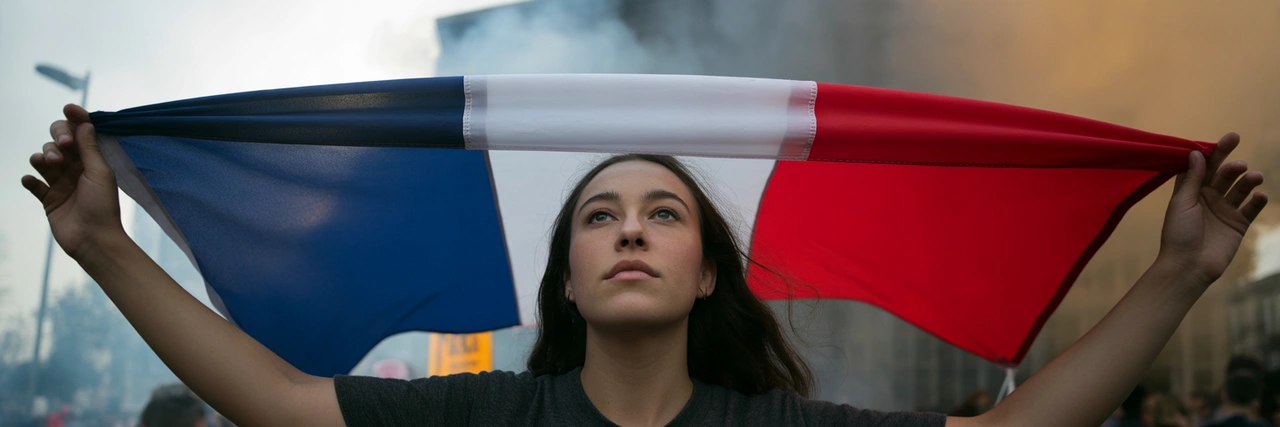Political Commentary Posts on Crowch
October 24 is celebrated worldwide as United Nations Day, marking the anniversary of the UN Charter coming into force in 1945. Signed by 50 countries, the Charter established the United Nations to maintain international peace, foster friendly relations among nations, and promote human rights.
Why the UN Was Created
In the aftermath of World War II, humanity recognized the urgent need for a global organization that could prevent future conflicts, ensure security, and address pressing global issues. The United Nations was born with a mission to build a safer, fairer, and more sustainable world.
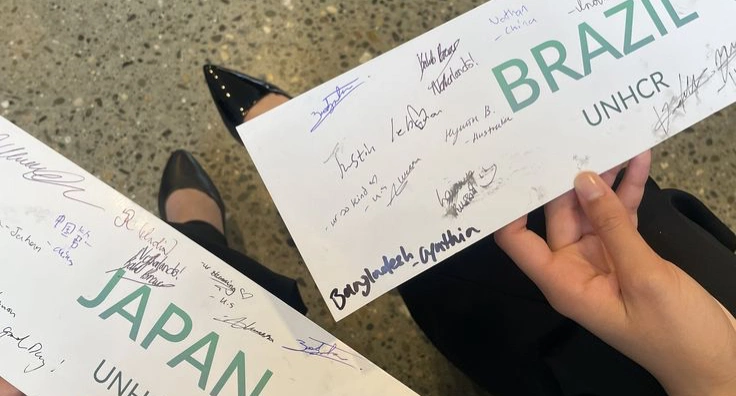
The UN’s Role Today
The UN’s work spans multiple critical areas:
- Conflict resolution and peacekeeping missions.
- Combating climate change and protecting the environment.
- Promoting human rights and fighting discrimination.
- Coordinating humanitarian aid in crisis zones.
Why This Day Matters
United Nations Day is both a celebration and a reminder that international cooperation is essential in a world where challenges transcend borders. From climate change to pandemics, solutions require unity and joint action.
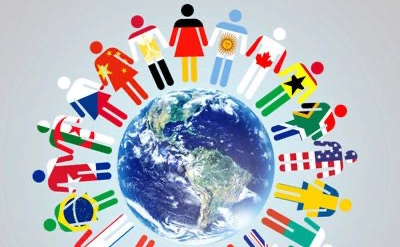
How to Commemorate It
- Learn more about the UN’s work and global initiatives.
- Support programs that help vulnerable populations.
- Contribute to peace through volunteerism and charity.
United Nations Day is a moment to reflect on the importance of respect, understanding, and working together for a better world — values that the UN strives to uphold every day.
I’ve never been one to wave a flag — not because I lack love for where I’m from, but because I’ve always been suspicious of symbols that try to speak for too many people at once. These days, patriotism feels louder, rougher, more performative. I don’t mind someone’s pride, but when it gets weaponized, it becomes noise. Somewhere in that shift, the quiet kind — the kind that listens, builds, doubts — seems to get drowned out.
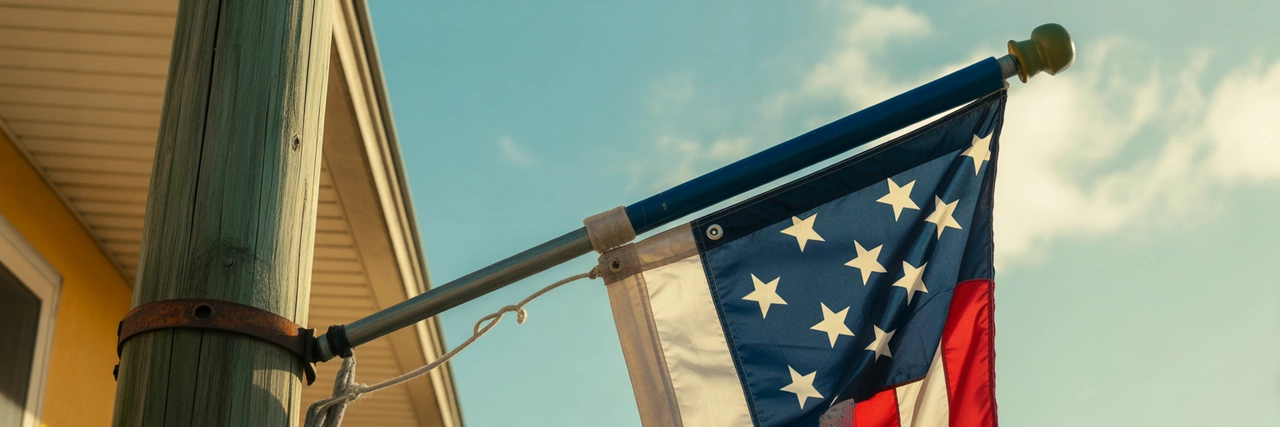
I live near a square where an old bronze figure stands — a general from a forgotten war. Most days he’s ignored, but now and then someone tapes a protest note to the pedestal, or sprays a slogan across the plinth. And I get it. We keep building monuments to things we never fully understood. Memory is messy. But instead of tearing them all down, maybe we need to walk around them slowly, ask new questions, listen to the silence they cast.
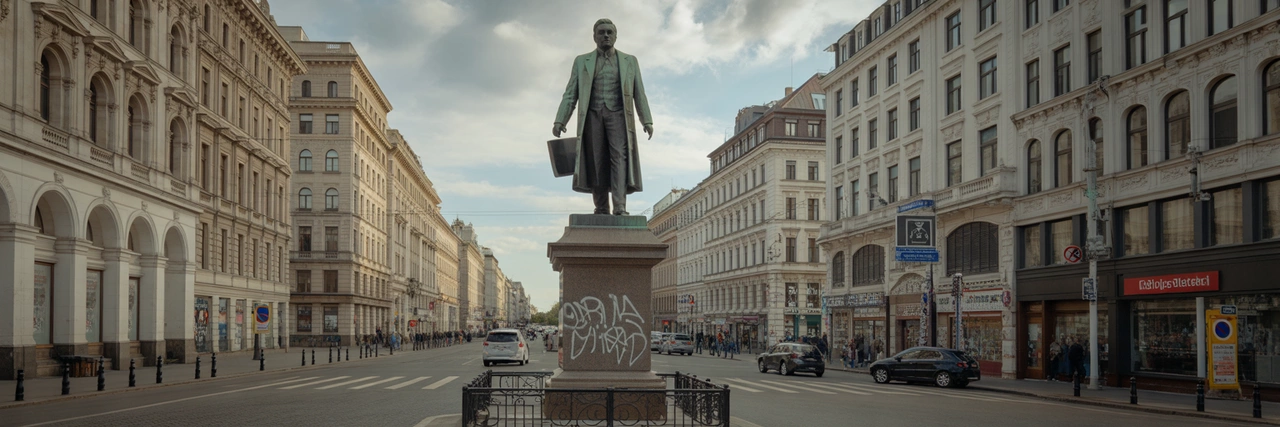
What I’ve learned, drifting between cities and languages, is that belonging doesn’t need a uniform. It’s a smell in the morning, a neighbor nodding at you, the way you know which streetlight flickers first at night. That’s the kind of patriotism I trust — not the kind you shout, but the kind you live. And yet it rarely gets the microphone. Maybe because it doesn’t sell anything.
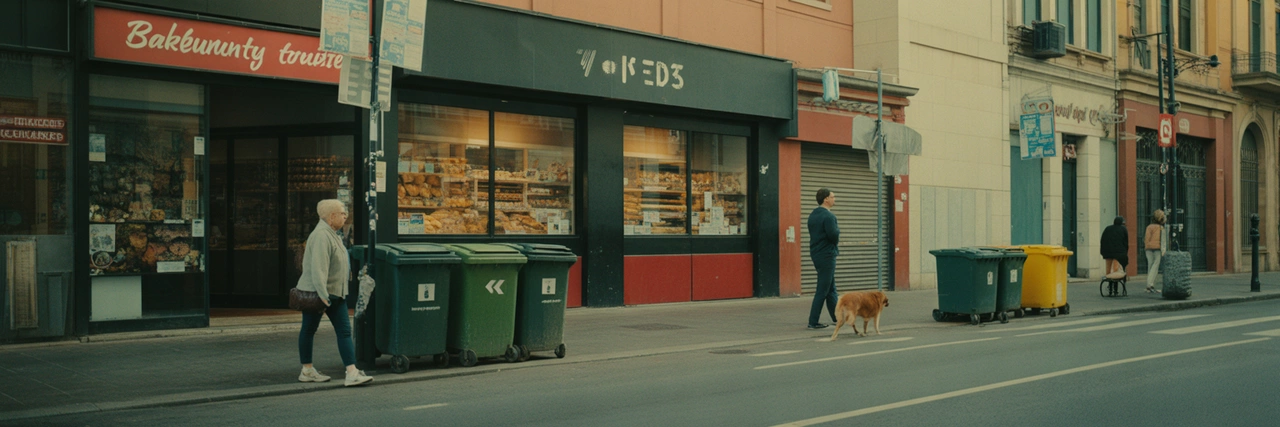
I’ve seen flags burned in squares and hoisted high on rooftops, both by people certain they’re right. And I wonder — when did we stop making room for doubt in our public rituals? Maybe real love for a country isn’t certainty, but staying in the discomfort long enough to help it change. That’s a messy loyalty, but maybe the only one worth having.
